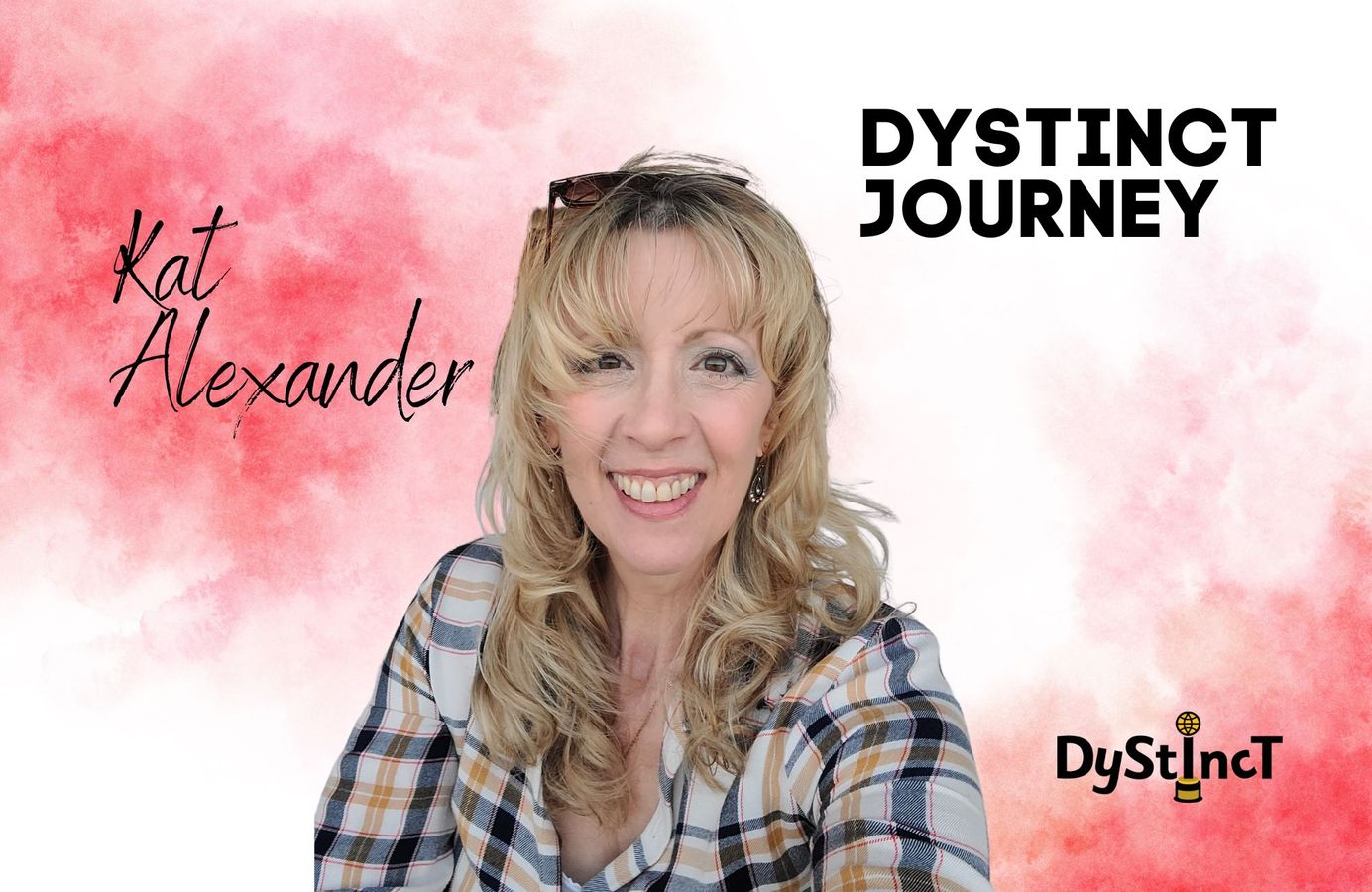
Issue 18: Dystinct Journey of Kat Alexander
Kat Alexander shares her lifelong journey with ADHD and dyslexia, recounting the challenges, societal perceptions, and self-discovery, ultimately embracing neurodiversity and advocating for self-acceptance and love.
When I was invited to share my story, I felt both honored to be seen as offering a valued experience for others and immediate pressure. My brain has a big-picture view. This is just one of several ways my dyslexia and ADHD work together and against each other. The advantage is that I can see the evolution of an idea and all the possibilities. The downside is that I'm almost immediately overwhelmed. My ADHD is on full alert whether I want it to be or not.
I seem to be hard-wired for these few things to be front and center:
- It will take forever to complete.
- Imposter syndrome. This is weird, right? Because, in this case, it's my story.
- Perfectionism. Also, it's odd in regard to this article because all I have to do is tell you a story. There is no 'perfect' way to tell it.
Nonetheless, I got stuck for a while on "Where do I begin?"
So, let's start here….
Kat's Story
Kat's Story
I've always known I am ADHD, although when I was diagnosed in 1969, it was called Hyperactivity. ADHD wouldn't become an official diagnosis until 1987.
The main reason my parents sought help was because my ADHD was the loudest noise in the room, for me and everyone else. At age four, a doctor prescribed phenobarbital, a strong narcotic used as a sedative that doctors stopped prescribing in the 1960's. Today, its primary use is to treat epileptic seizures. I had a severe reverse reaction.
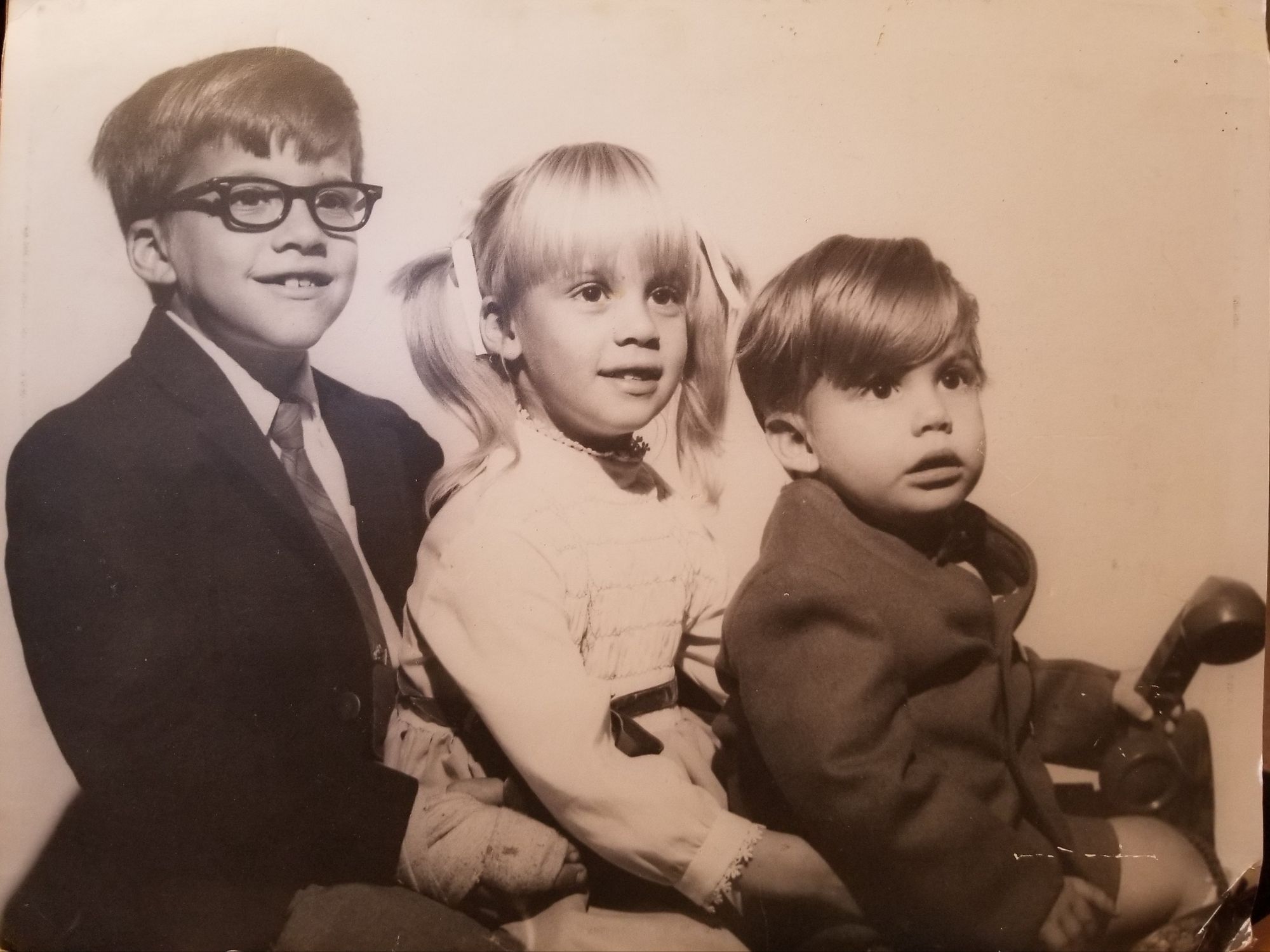
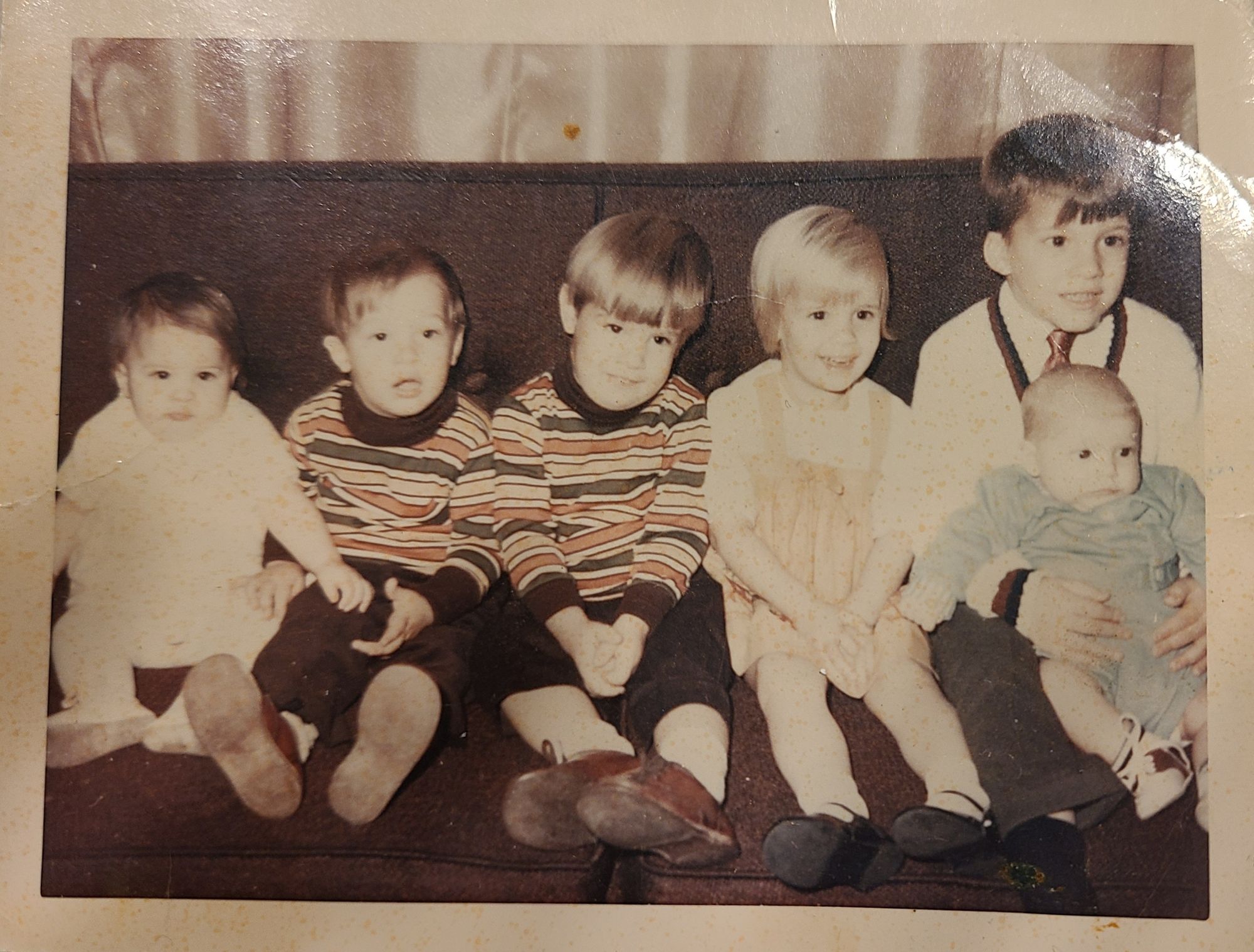
I was 5 when my parents started me on Ritalin. I never liked how it made me feel. Like all the energy was still inside me, screaming to get out. I felt sluggish and found it hard to interact with others. It also severely aggravated a physical anxiety disorder that I've had my entire life, but I wouldn't be diagnosed with it until September of 2022.
Teachers and school nurses would say things like "Time to take your pills!' in front of the class every day. To the other kids, this only served to make me the weirdo who had to take pills to be normal. Making friends wasn't exactly easy for me.
Growing up with ADHD and undiagnosed dyslexia, I felt like I was never good enough. I felt desperate to be seen and heard for my interests, thoughts, and talents, for who I was, not how I behaved or how bad my grades were. Instead, everyone in my life; family, teachers, friends, were constantly telling me that everything about me was wrong. The culture I grew up in made me feel like a weirdo, freak, stupid, lazy, hyper, crazy. Hopelessly flawed!

At the beginning of my senior year in high school, I was told it would take an extra 18 months for me to graduate if I passed all my classes from that point forward. Instead, I got my GED. With ADHD and dyslexia, going to a four-year college seemed impossible. And one more time, I felt like a failure.
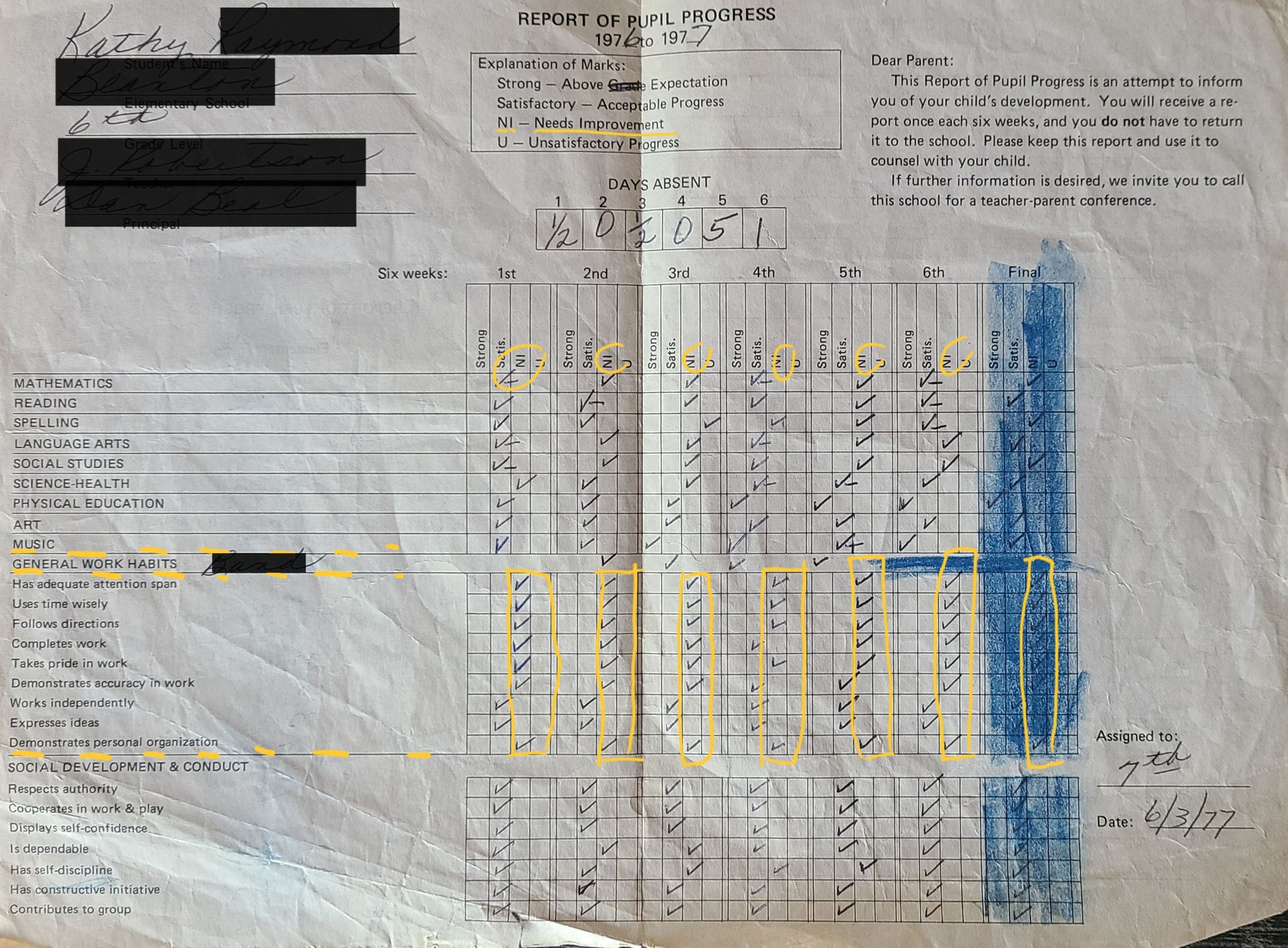
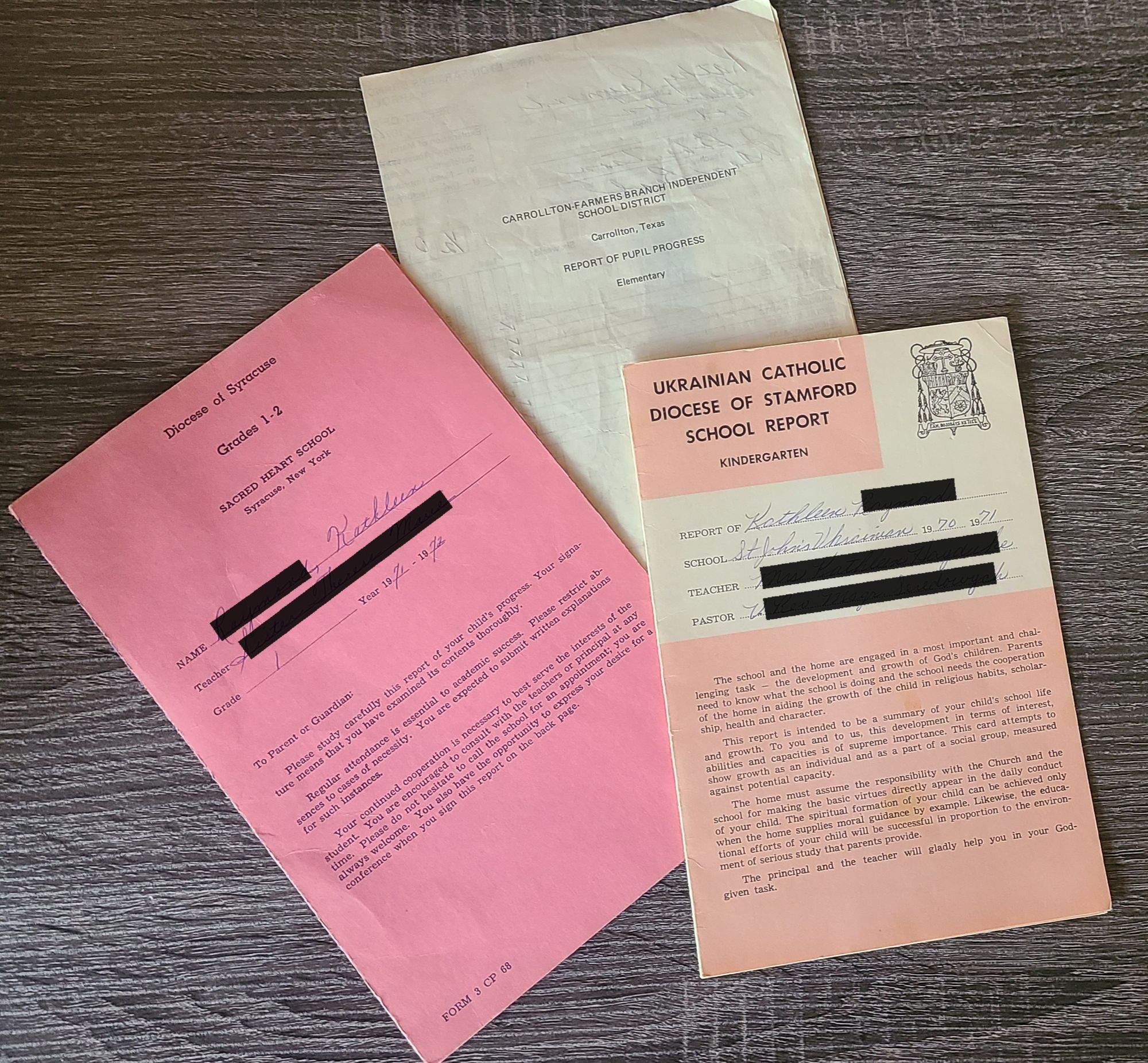
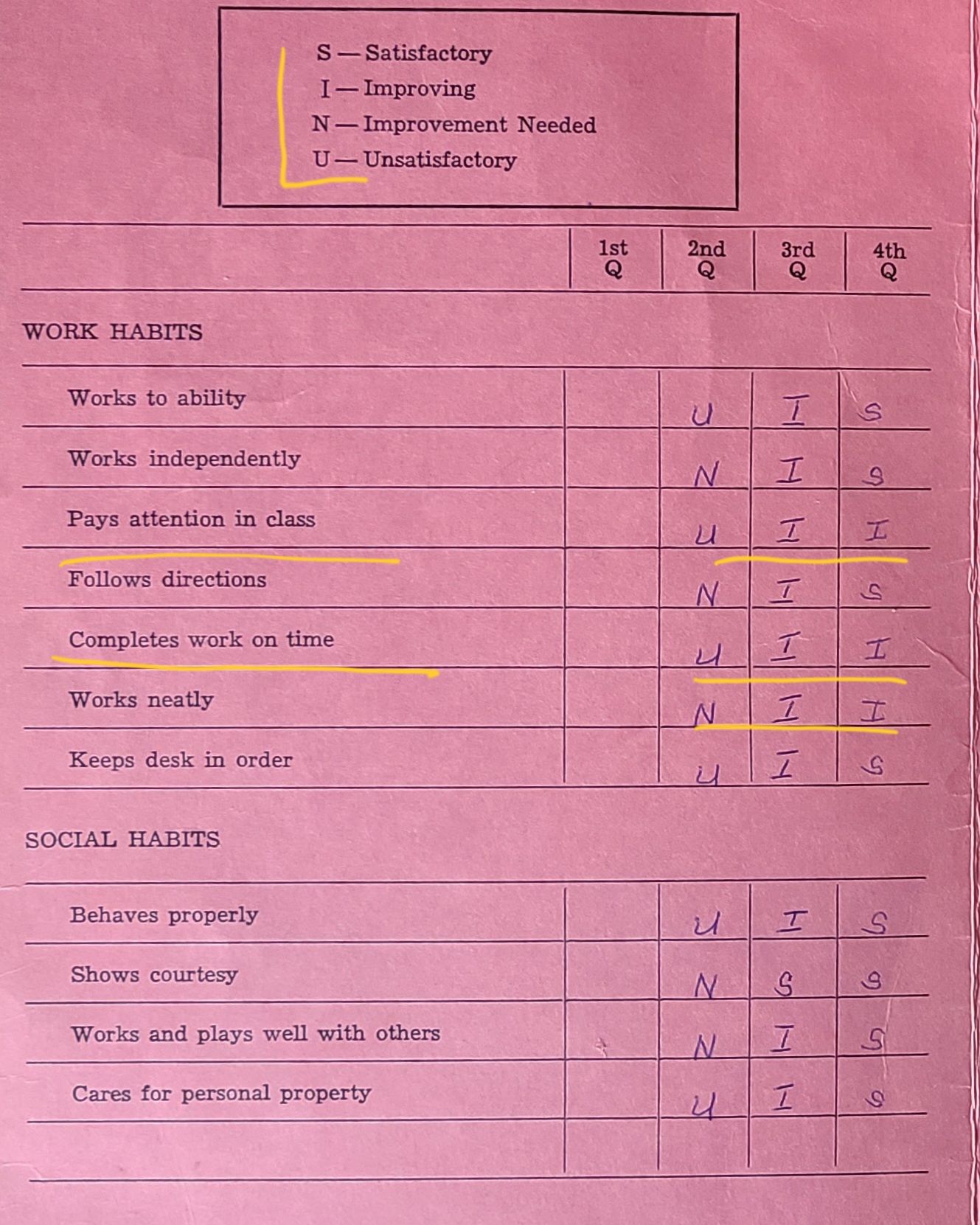

I have always been a positive person, always seeking joy, and I was determined. Come hell or high water, I was going to find a way to have a happy life. I got married at 24 years old, and we had four beautiful kids. Three of the four would end up being ADHD, as well as having several other learning disabilities.
At work, I was always seeking promotions. I took college credit courses through my employers and spent one year in junior college. I always felt unteachable in a formal school setting - Stupid. So, I kept self-educating, learning how I learned best through collaboration and practical application. Early on, I found that if I could take apart and put back together any process or function just once, I would know it for life. But don't hand me a book to read and then test me because I would fail every single time.
Early on, I found that if I could take apart and put back together any process or function just once, I would know it for life.
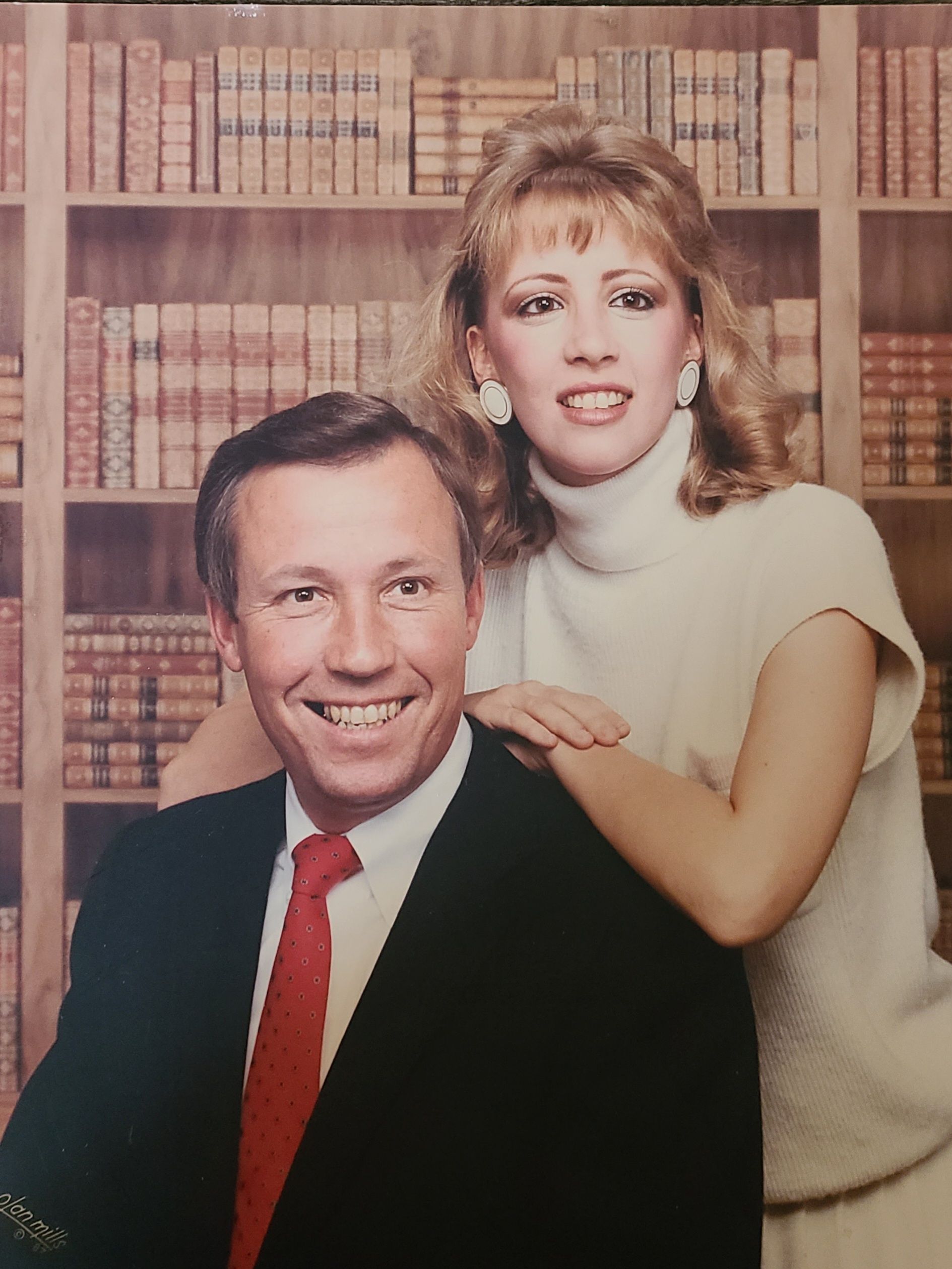
I built a career for myself in Operations Management specific to Service Excellence. I found managing and developing employees into leadership roles something that excited and challenged me. I was good with people, communication, and, oddly enough, teaching others to be really good at their roles. Strange considering my own learning challenges. I also excelled because this was a role that had many moving parts and required wearing lots of hats. Operations and Service Excellence with C Suite engagement is where I naturally excelled to a director's level. This career seemed to have all the requirements of my ADHD energy and dyslexic thinking strengths.
Then, in February 2022, I learned the term Neurodiversity (ND) for the first time, and my brain was on fire learning all I could about ND as a whole and self-discovery about the specifics of my own ND. By February of 2023, I completed two separate neuropsych and academic evaluations, wanting to know how my ADHD and dyslexia showed up so I could find strategies for my challenges and leverage my strengths.
This post is for paying subscribers only
SubscribeAlready have an account? Log in


